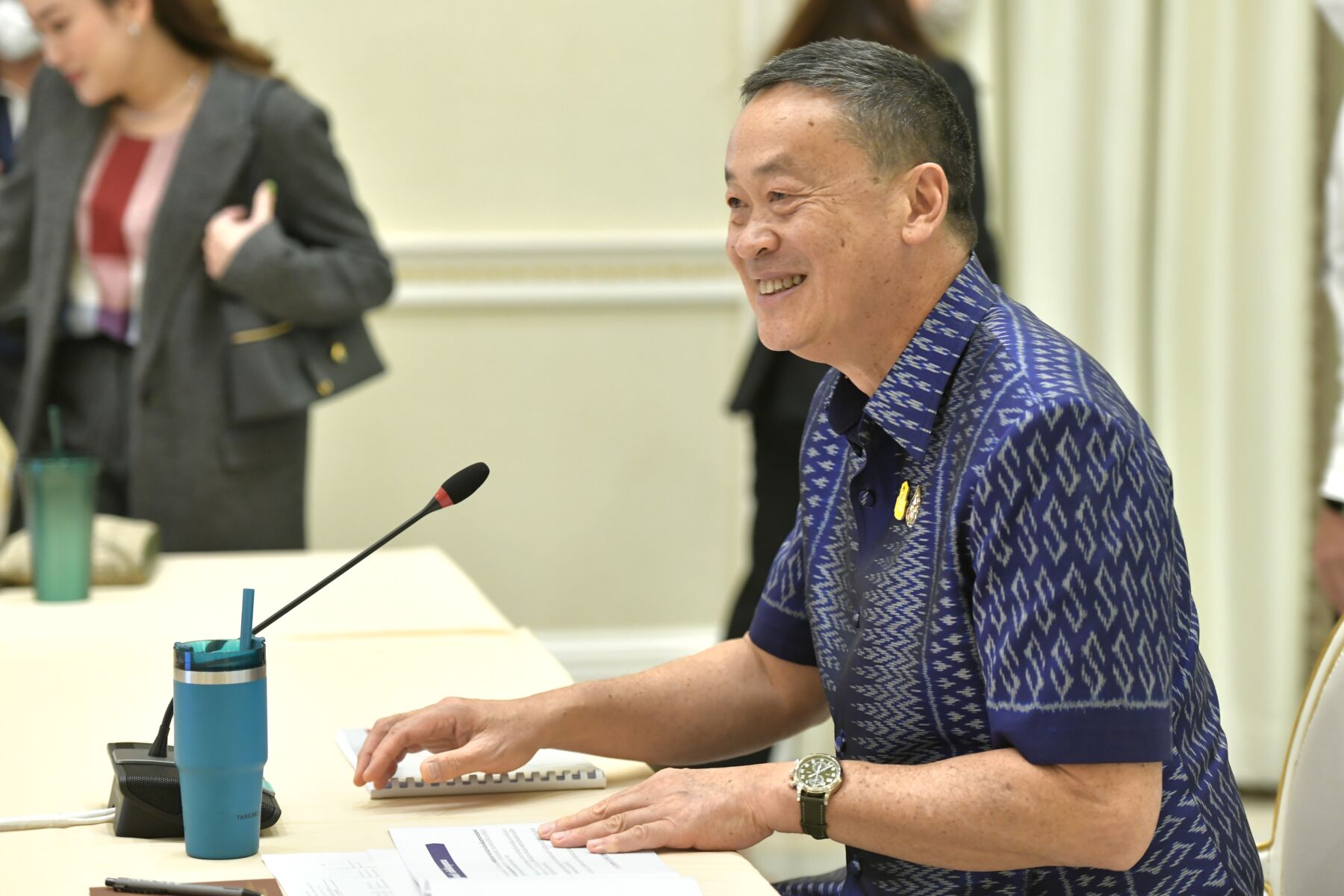Urgent call for faster use of investment budgets to boost the economy of Thailand

Business executives are urging the government to prompt state enterprises and local government organisations to speed up the use of current investment budgets and to roll out more stimulus packages. This is seen as a crucial step to propel the economy while awaiting the fiscal 2024 budget.
The executives stress the importance of quick distribution of the 2024 budget once approved, to avoid harming entrepreneurs, particularly those dependent on revenue from state projects.
Sanan Angubolkul, chairman of the Thai Chamber of Commerce, emphasised that the private sector views the proposed draft budget for fiscal 2024 as essential to boost confidence within Thailand. The chamber suggests the government collaborate with state enterprises and local government organisations to hasten the use of the existing investment budget of each agency during the 2024 budget allocation process, anticipated in May.
The chamber also recommends the government introduce new economic stimulus measures without additional budget allocations.
The fiscal 2024 budget was approved during its first parliamentary reading on January 5 with 311 votes in favour, 177 against and four abstentions. The budget proposes spending of 3.48 trillion baht (US$99 billion) with a deficit of 693 billion baht (US$19 billion), reported Bangkok Post.
Aat Pisanwanich, senior consultant at International Research Consultant Co Ltd, noted that the budget lacks a clear focus amid numerous uncertainties and challenges. He argued that the coalition government’s nature, with each party advocating for its own agenda, might have led to a fragmented budget.
Thanavath Phonvichai, president of the University of the Thai Chamber of Commerce, also pointed out that the budget is mainly a continuation of the previous government’s budget, with only minor adjustments possible.
Kriengkrai Thiennukul, chairman of the Federation of Thai Industries (FTI), compared the months-long delay in budget spending to a black hole. He expressed concerns about the impact on both large and small entrepreneurs, particularly those relying on revenue from state projects.
Kriengkrai suggested the government allocate funds to large-scale infrastructure development projects as a way to boost the economy. He also called for the government to expedite budget disbursement to projects in the pipeline, especially those developed by state agencies and state enterprises.
Marisa Sukosol Nunbhakdi, president of the Thai Hotels Association, indicated that the delayed budget is likely to pass during the low tourism season, leaving only five months for authorities to stimulate the sector. She noted that the Tourism and Sports Ministry and the Tourism Authority of Thailand need to prepare a tourism promotion plan and implement it quickly due to the limited time to accelerate budget utilisation within this fiscal year, which ends in September.
In related news, the Thai government’s fiscal year 2024 budget faced scrutiny over major cuts and off-budget fund concerns, impacting citizens’ issues.
Latest Thailand News
Follow The Thaiger on Google News:


























